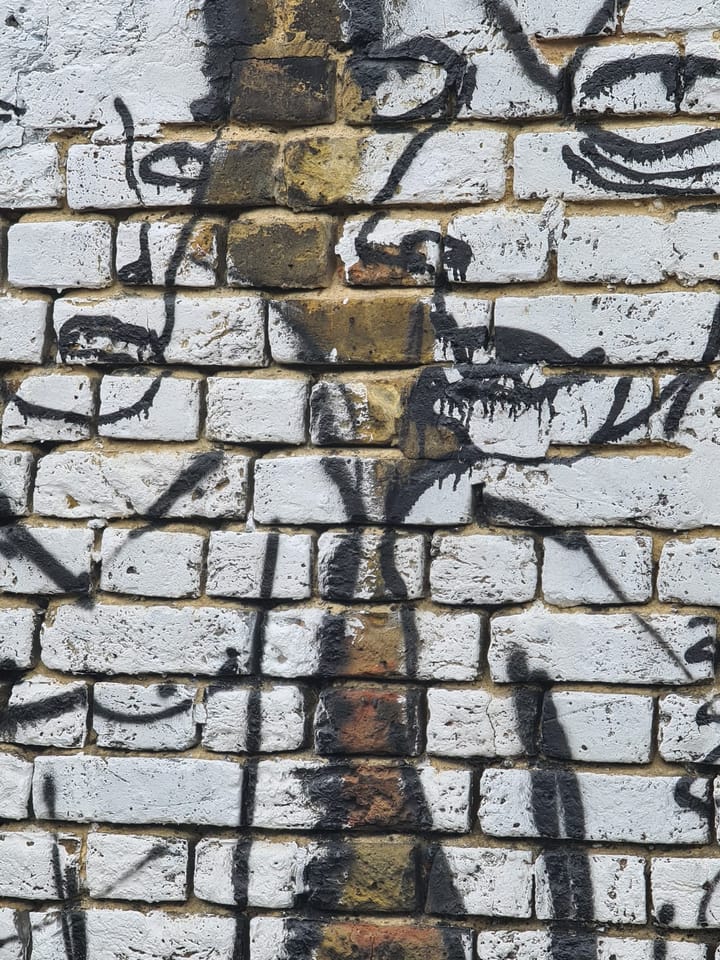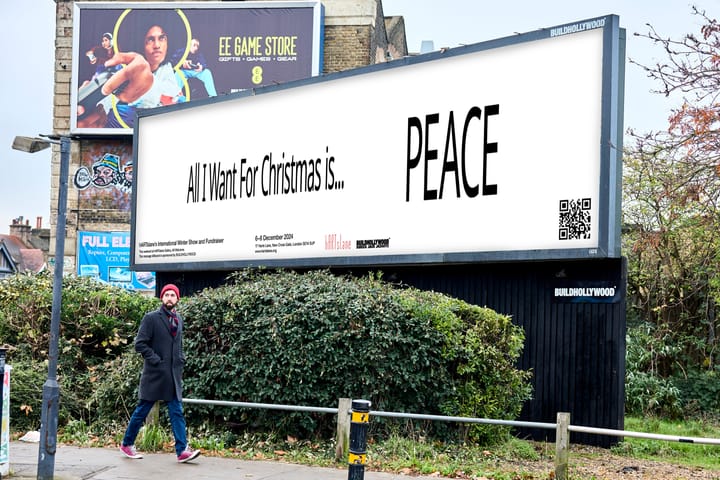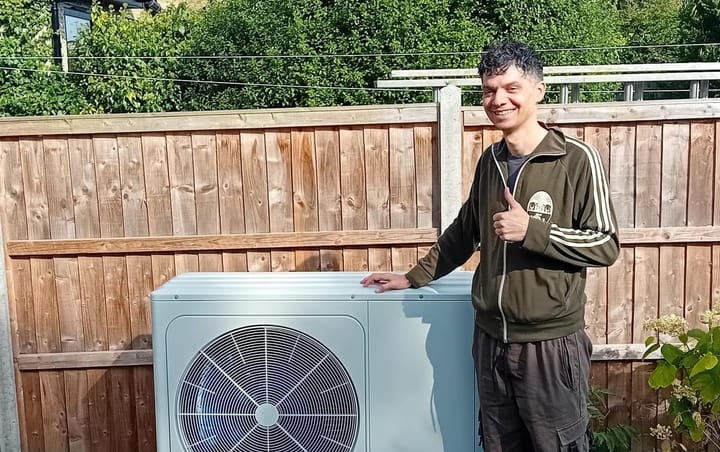Climate Fresk: Mapping the Climate Crisis, One Card at a Time
"You might leave a little different than when you walked in." Parth Joshi takes part in a Climate Fresk workshop.
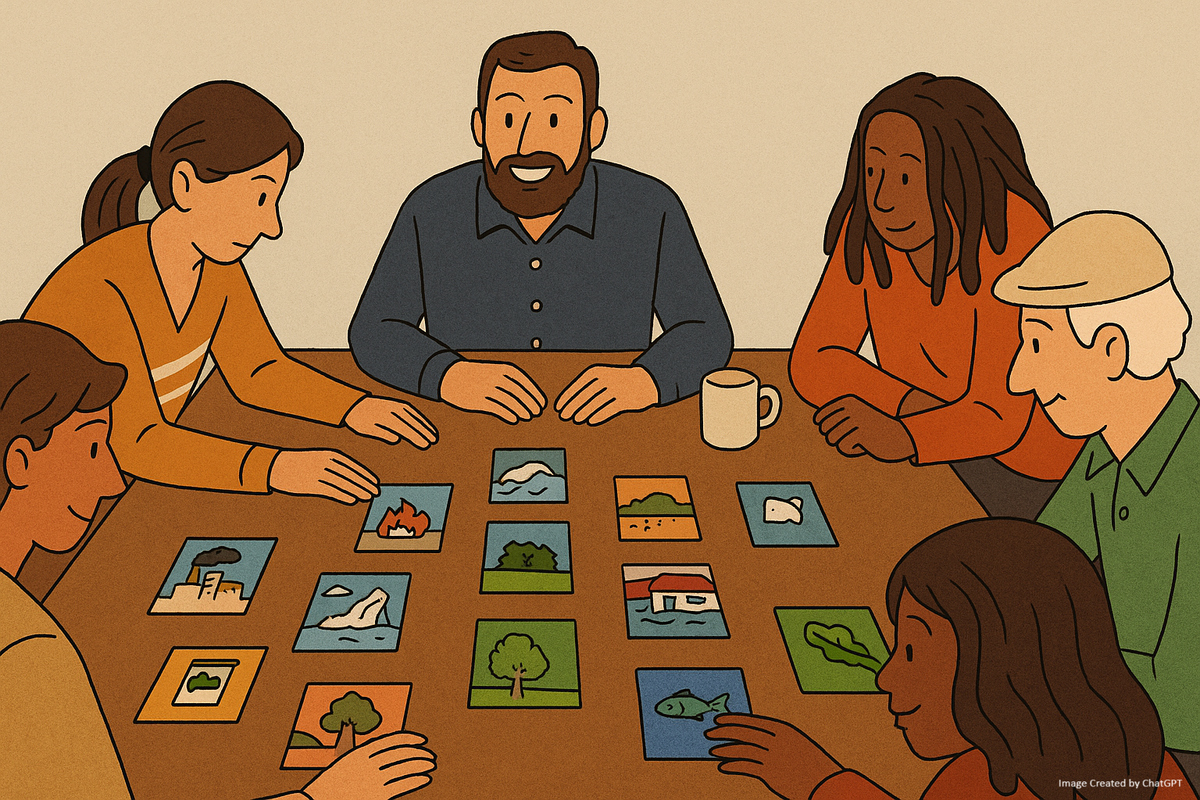
It started with tea, biscuits, and five sets of cards.
On a sunny April afternoon in New Cross, I found myself sitting around a big table with five other people and two facilitators: David and Fred. The setting, New Cross Learning, a friendly community-run library, felt more like a book club than a climate change workshop. But the cards told another story.
Each one illustrated a specific piece of climate science: melting glaciers, biodiversity loss, fossil fuel use, methane emissions, and crop failure. Our task was to figure out how these things were connected, and then lay them out in a kind of visual map. The name of the workshop was Climate Fresk. It’s a French-born, fast-spreading activity designed to help people understand the complexity of climate change in just three hours. Not by listening, but by doing.
“You’re going to learn more than you expect,” said David, smiling as he passed around markers. “And you might leave a little different than when you walked in.”
Discover Climate Fresk (Credits: Climate Fresk Youtube Channel)
The way it works is simple enough. You get five sets of cards, each based on data from the Intergovernmental Panel on Climate Change or IPCC, and you try, as a group, to arrange them in a cause-and-effect sequence. With every new round, you’re given more pieces to add to the puzzle, more threads to connect. Some of the links are straightforward: burning fossil fuels leads to greenhouse gases, which lead to warming. But others are less obvious, and that’s where the conversations start.
Sometimes we disagreed, hesitated, flipped cards around, shuffled the layout, and started over. David and Fred answered questions, but mostly let us wrestle with the complexity ourselves. “Three hours sounds like a long time,” David said early on, “but no one ever says that by the end.” He was right.
At one point, someone placed the ‘Permafrost’ card. That’s when the mood shifted. We realised that warming doesn’t just trigger consequences; it can feed back into itself, making everything worse. Feedback loops, we learned, are the silent accelerators of climate breakdown. It was one of those moments where the room goes quiet; not out of confusion, but recognition. That was the turning point for me.
Climate Fresk doesn’t really feel like a game, but it doesn’t feel like school either. It’s somewhere in between. A collective problem-solving session where science becomes the story. By the end, we’d built something surprisingly powerful. Not a work of art, exactly, but a diagram of urgency.
David has facilitated over 50 of these sessions since he started six months ago. He’s soft-spoken, warm, and genuinely passionate about climate literacy. “I think now it’s time to give back to the world,” he says. “Climate Fresk is my way of doing that.”
He said some local council members are exploring running sessions for their staff, a sign that this isn’t just for eco-enthusiasts, but for anyone trying to make sense of the crisis we’re all part of.
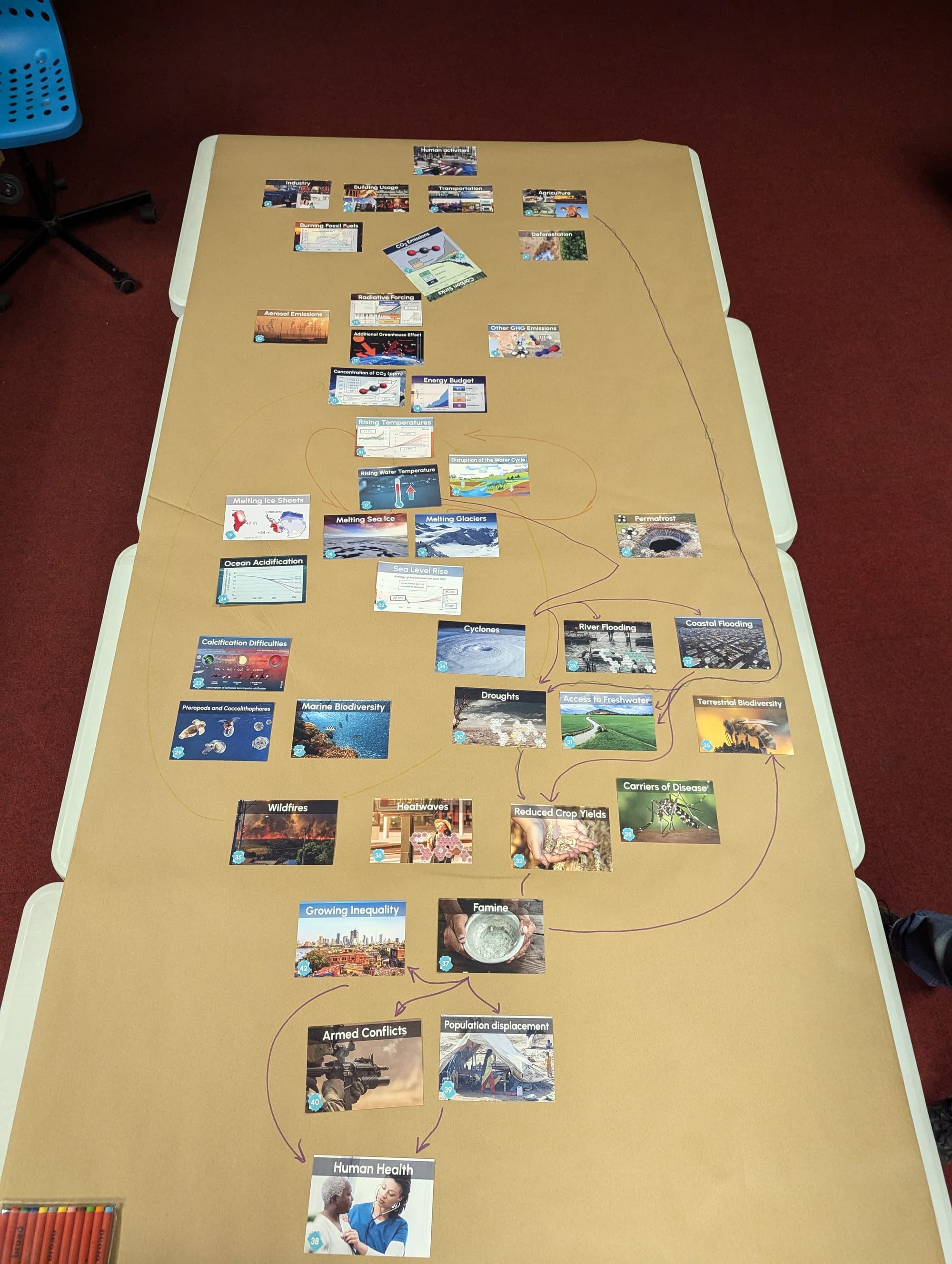
The people around the table came from different walks of life: students, teachers, a retiree, and a nurse. John, one of the participants, leaned back at one point and shook his head. “It’s crazy how our actions have a domino effect. The feedback loops are mad.” Sylvia, who came in expecting something more game-like, admitted, “I can be kind of competitive. But this was quite an interesting activity.”
After we finished laying down the final cards and stepped back to take in the full fresco, the session shifted gears. David brought out a large sheet of paper and drew a cross, turning it into a simple quadrant. On the x-axis: easy to difficult. On the y-axis: low to high impact.
We were asked to think about everyday actions we already do or could do and place them somewhere in this grid. Cycling, for instance, was relatively easy for some and had a decent impact. Public transport, especially in a city like London, also landed in the “easy-ish and useful” zone. Veganism sparked a bit of debate, great impact, but not necessarily easy for everyone. Gardening, growing your own food, and cutting down flights all found their place.
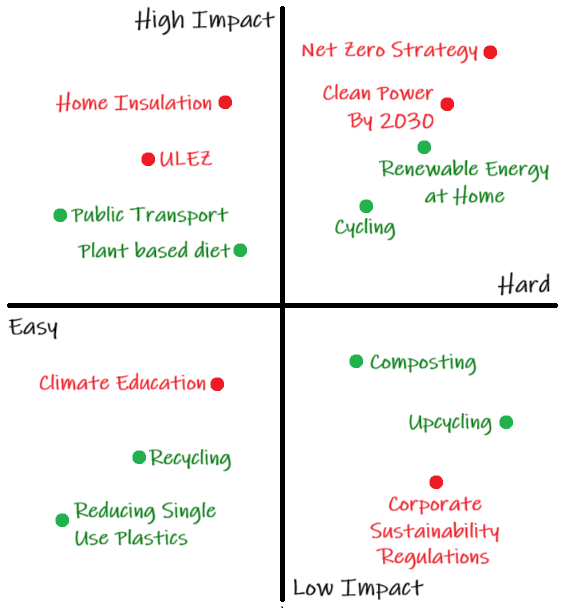
Then we moved to the red dots: government actions. ULEZ (Ultra Low Emission Zone) came up first, generally praised for nudging cleaner air. So did recycling, home insulation support, and investment in renewables. The conversation got more animated. There was frustration, optimism, and a sense that individual action only works when systemic change is also part of the picture. This simple grid became a tool for collective reflection on what matters, what’s possible, and what’s next.
The session ends not with a grand finale, but a question: What now? There’s no tidy resolution, no immediate next step baked into the experience. One participant, Sylvia, voiced what many were likely thinking: “So… we played the game, had the discussion. But what’s the endpoint?”
That’s the thing. Climate Fresk doesn’t pretend to be the answer. It’s a spark. It shows you the system, invites you to feel it, then gently asks: What are you going to do with this? And it leaves the door open.
You can attend a Fresk session near you or even get trained to facilitate one yourself. There’s no special degree required, just a willingness to listen, learn, and guide others through the same journey. And it’s not just climate anymore. There are Fresks for biodiversity, digital tech, circular economy, and even food systems.
Maybe that’s the point. If addressing climate change is the biggest challenge in human history, then we need the right tools and an exceptional level of collaboration. And something that needs a deck of cards, a few strangers, and a table in a library is a pretty good place to start.
If you would like to sign up for a local workshop, contact pioh.lewisham@gmail.com

